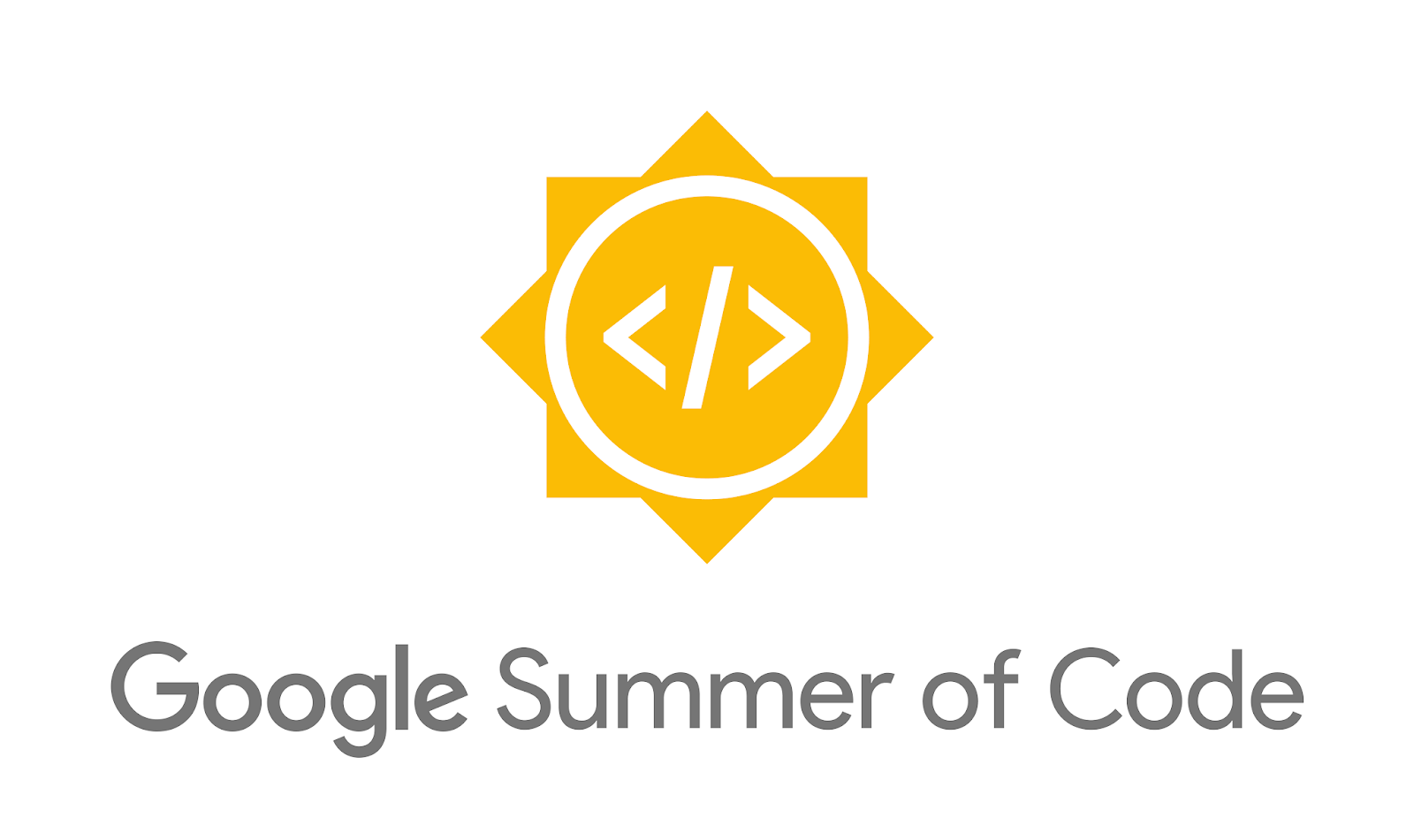Project Abstract
Goals
Contributions
Weekly Summary
Would like to sync?
Acknowledgements
Links
Check out my GitHub Repo or follow me on LinkedIn
Contributor: 'Sri Siddarth Chakaravarthy'
Mentor: 'Yuantao Feng'
Organisation: 'OpenCV'
Project: 'Light-weight Object Detection Models for Resource-Restricted Usage'
Coding-Period: 'June 13th - September 12th'- OpenCV is an open-source library developed mainly for real-time computer vision operations such as object detection, object tracking, etc.
- Currently, OpenCV supports trained models with benchmarked results on various datasets via its model_zoo. Some existing models include Yunet, Mobilenet, CRNN, etc.
- OpenCV zoo model library is mainly focused on providing developers with trained model weights in .ONNX format and quantized models (light-weight models) that can be used on CPU-only machines, their model library contain trained model weights that can be used for real-time inference on systems that do not have high computation power (no GPU).
- These models can also be directly deployed in applications and are quantized to int-8 versions using onnxruntime static_quantization module.
The aim of this project is to add object detection models such as Nanodet, EfficientDet, YOLOX, etc. to the list of existing models in the OpenCV model zoo to enable model inference using OpenCV python package
🎯The goals of this GSoC project involve the following: 🎯
- Addition of light-weight models such as NanoDet, Efficidet and YoloX to OpenCV model zoo library.
- Model inference using OpenCV tools and frameworks.
- Quantise FP16 models to INT8.
- Update the model zoo library.
I started my work by implementing some examples and working around with OpenCV DNN. One of the OpenCV DNN module’s best things is that it is highly optimized for Intel processors. We can get good FPS when running inference on real-time videos for object detection and image segmentation applications. We often get higher FPS with the DNN module when using a model pre-trained using a specific framework. For example, let us take a look at image classification inference speed for different frameworks. Below, we can see the object detection inference performance when compared to other frameworks.
This tool only supports deep learning inference on images and videos. It does not support fine-tuning and training. Still, the OpenCV DNN module can act as a perfect starting point for any beginner to get into the field of deep-learning based computer vision and play around. The model zoo library in OpenCV acts as the working directory for developers to experiment with the tool and see its use cases with some examples. However, this library is in an incohate state which requires addition of more complex and light-weight models that can harness the OpenCV DNN module to leverage faster performance.
Demonstration of object detection models updated to OpenCV Zoo models library: The final deliverable of this GSOC program was to help opencv_zoo support more light-weight object detection models so that developers will be able to infer models using cv.dnn framework, providing an alternative to existing model inference tools such as onnxruntime, openvino, tensorflow, etc. Towards the final timeline of this project we finalized models: NanoDet and YOLOX and have successfully added these model supports to opencv zoo library.
Here are some of the cv.dnn inference observed when testing ONNX formatted models on a CPU-only machine.
# Repository: opencv_zoo /working-branches
Pull requests created:
-
opencv/opencv_zoo#75: [opencv_zoo] Added NanodetPlus model to the OpenCV Zoo models stack
/cp1 -
opencv/opencv_zoo#86: [opencv_zoo] Added YOLOX model to the OpenCV Zoo models stack
/cp2 -
opencv/opencv_zoo#91: [opencv_zoo] Added COCO_Evaluation support in OpenCV Zoo tools
/cp3
Issues opened:
-
opencv/opencv_zoo#62: [opencv_zoo] This issue directs to this page which consists of the detailed information about this project and all the contributions made by myself during the course of GSOC'22
/cb -
Megvii-BaseDetection/YOLOX#1464: [YOLOX] This issue was raised to inform an issue related to add CPU evaluation support for YOLOX so that it can be easier to infer models and run benchmarks on CPU only devices
/cp1
Tags:
community bonding period :
/cb
coding period x -/cpx
- Week #1: Summary
- Week #2: Summary
- Week #3: Summary
- Week #4: Summary
- Week #5: Summary
- Week #6: Sumission of Phase-1 Evaluation Summary
- Week #12: Sumission of Final Evaluation Summary
Google Summer of Code (GSoC) 2022 has been an amazing experience, the journey has taught me so many things not just technical skills but also how to work as an open source contributor, working on challenging problems, interacting with other developers around the world. I had a wonderful experience with the OpenCV community. The community is conducive, and all people are eager to help the newcomer, which I liked a lot about this community. Special thanks to my mentors Yuantao Feng, and Vadim, who saw me as a potential contributor. Without them, the work never would have been this joyful and rewarding. Interacting with them and working on this project together made this a great learning experience for me. Finally, thanks to the GSoC program, without which I wouldn’t be a part of this incredible journey and gain this memorable experience.
- I will write the COCO evaluation script for the opencv_zoo repository that can useful for running evaluations on COCO val2017 dataset on CPU.
- I will also be working on the future work involving API creations for models and tools.
- I will always be available for resolving community feedback and addressing bugs that may surface.
- We have planned to keep all the communication open 🎉 so that everyone can sync and is free to participate and help us grow! So if you have suggestions/comments about anything please do not hesitate to open up an issue ticket
- GSoC project proposal
- GSoC proposal acceptance



